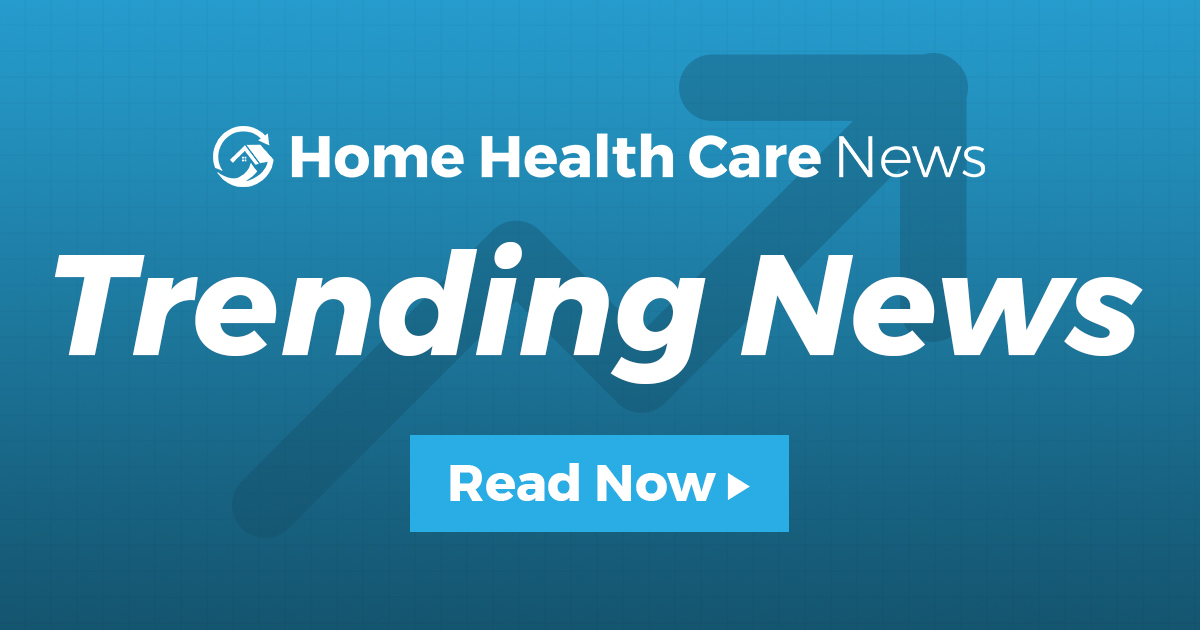
Partners in Primary Care (PiPC), a subsidiary of Humana Inc. (NYSE: HUM) and a senior-focused primary care provider, announced Tuesday that it plans to accelerate expansion in 2021.
Specifically, it plans to open 20 more primary care centers, five more than it did last year. Those centers will be located in Texas, Louisiana, Nevada and Georgia, with the expansion taking the payer-agnostic, community-based PiPC into the Atlanta market for the first time.
That will bring the total number of PiPC locations to 80 — with the ultimate goal being 100 primary care centers in the U.S. by 2023.
“Frankly, the need for [senior-based primary care] is just as great today as it was when we got started back in March of 2020,” Renee Buckingham, president of Humana’s Care Delivery Organization, told Home Health Care News. “Seniors really need to be able to access care built around their unique needs. And we felt that these communities that we are continuing to invest in — as well as the new geographic cities that we’ll be entering — need to know we’re coming.”
Humana’s Care Deliver Organization includes PiPC as well as Family Physicians Group.
PiPC is part of a family of senior-focused, primary care centers that deliver personalized care to about 57,000 patients from a variety of Medicare Advantage (MA) health plans and original Medicare. The centers are often placed in areas that lack access to primary care providers.
In early 2020, Humana and Welsh, Carson, Anderson & Stowe (WCAS) teamed up to form a joint venture aimed at expanding access to value-based primary care for Medicare patients. Humana and WCAS committed upwards of $600 million to build 50 PiPC centers across the country at the time.
“Over the longer run, a decade, you’ll see a very substantial health care service business within Humana,” Humana CEO Bruce Broussard told Business Insider. “I think you’ll see a considerably larger platform and a changing organization.”
On its end, Humana is one of the largest MA entities in the nation. But it also has an array of in-house health care services, including Kindred at Home, which is one of the nation’s largest home health providers.
Over the years, Humana has become as much of a provider of care as it is a payer. Its investment in PiPC and value-based primary care aligns with its overall mission of providing care where and when its members want to receive it.
“Humana has been in the delivery of care throughout our 55-year history in a number of ways. And as a result of that, I think we recognize how important the relationship is between the primary care physician and the patient,” Buckingham said. “That is the most trusted relationship. We also recognize that there are communities across the country that do not have really good access to primary care built around the unique needs of seniors.”
Primary care is an area that Humana has recognized as a place to invest in, in order to reduce overall costs of care.
The PiPC model is one that Buckingham believes will be relatively easy to repeat as it expands. The challenges will be getting seniors to switch over from either another primary care provider or, in some cases, from using the emergency room as their primary care provider.
Patients being on MA plans helps as well. PiPC contracts with upwards of 15 other MA plans in addition to Humana’s.
MA plans offer more flexibility within the PiPC model than traditional Medicare does.
“We’re big believers in primary care,” Broussard said. “We see great results, high satisfaction scores, high quality scores, and in addition, from a cost point of view, some really great outcomes there.”
Establishing PiPC centers in new markets is capital-intensive, which is why brand-building is of major importance when it comes to de novo locations.
Humana is also integrating its at-home capabilities, especially in Atlanta, where it will leverage its relationships with Kindred at Home, urgent medical care provider DispatchHealth and in-home primary care company Heal.
“Part of Humana’s enterprise strategy is to be influential at those points of care that we know have an outsized impact on quality and outcomes,” Matt Eirich, the chief growth officer for Humana’s Care Deliver Organization, told HHCN. “Home care and primary care are two of those areas, which is why we also have our enterprise relationship with Kindred.”
In South Carolina, Humana has collaborated with Kindred on a couple of early pilots. One pilot’s purpose is to help create seamless and integrated transitions of care by working with local home health agencies.
Another pilot is focused on collaborating with Kindred to help patients who are homebound due to COVID-19.
“Those are just a couple of ways that we’re sort of leaning into some of the emerging opportunities to bring an integrated clinical model between primary care and home to life in markets,” Eirich said.
Once Humana fully embeds Kindred at Home into its network, Humana will employ as many clinicians as it does other workers in general, according to the company.
“We have learned over multiple decades in senior health and care delivery how impactful senior-focused, value-based primary care can be in improving outcomes, lowering costs and enhancing quality of life for those with Medicare,” Buckingham said. “Given the growth of the senior population and the continued proliferation of value-based, population health reimbursement models, … we believe the market for senior-focused primary care is really in its infancy.”
"care" - Google News
January 26, 2021 at 11:19PM
https://ift.tt/2YiMWKM
Humana Doubles Down on Payer-Agnostic Primary Care to Better Serve Seniors - Home Health Care News
"care" - Google News
https://ift.tt/2N6arSB
Shoes Man Tutorial
Pos News Update
Meme Update
Korean Entertainment News
Japan News Update
Bagikan Berita Ini














0 Response to "Humana Doubles Down on Payer-Agnostic Primary Care to Better Serve Seniors - Home Health Care News"
Post a Comment